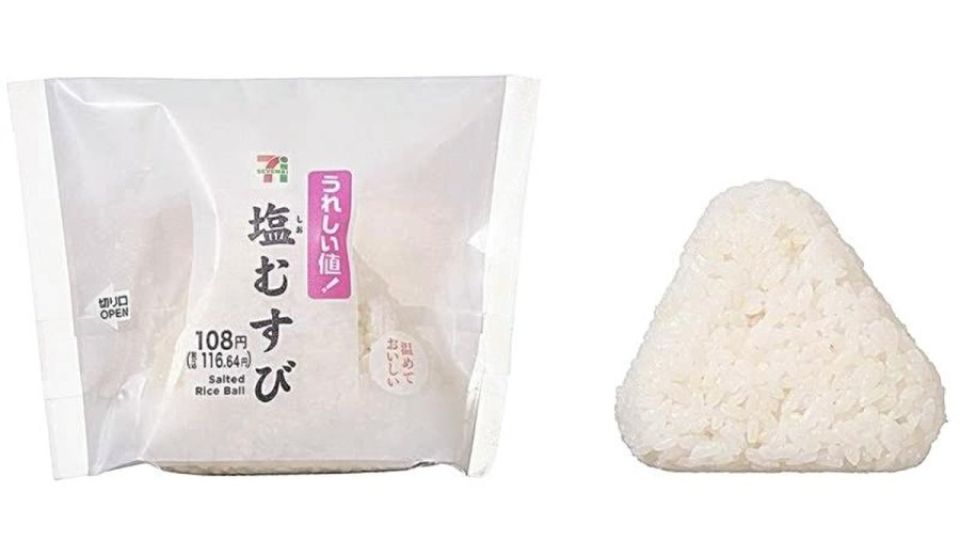January 27, 2025
TOKYO – In response to the rising price of rice, retailers, restaurant chains and food-product manufacturers are taking steps to deal with the situation. They are trying to absorb the costs by increasing the prices of onigiri rice balls, boxed lunches and processed rice products, as well as by ending the service of offering extra portions of rice for free.
Strategy review
Seven-Eleven Japan Co. announced on Monday that it will raise the prices of some of its boxed lunches and onigiri rice balls in phases starting from Jan. 27. The company will raise the price of rice balls by up to ¥28, including “Shiomusubi,” whose price will be raised from ¥108 (excluding tax) to ¥128. The price of boxed lunches will be raised by up to ¥60.
As customers have been shying away from stores due to higher prices, Seven-Eleven has made efforts since September to recover patrons by lowering the prices of some products, including fried rice. However, the company was forced to review its strategy in less than six months because rice prices are expected to continue going up for an extended period of time.
Seiyu Co. began selling rice produced in Taiwan in November. It is rare for a major supermarket to sell rice produced overseas. However, the Taiwan rice is popular because it is cheaper than equivalent domestic rice but tastes almost the same, according to the supermarket.
End of free service for extra rice
Unlike retailers, rising rice prices did not immediately impact food product manufacturers and restaurant chains because they usually conclude long-term contracts for rice purchases. However, some companies have decided to raise the prices of their products as there is no sign that rice prices will decline.
Nissin Food Products Co. will raise the prices of products in the “Nissin Curry Meshi” series and other instant cup rice products by about 11% beginning with its shipments in April. Nichirei Foods Inc. will raise the prices of fried rice and other frozen foods by 10% to 30% starting in February.
In September, Skylark Holdings Co. raised the price of rice at its Gusto, Jonathan’s and other restaurants under its wing by ¥30 to ¥55. Denny’s, a subsidiary of Seven & i Holdings Co., raised the price of rice in December and ended its free service of offering extra rice during breakfast and lunch hours.
Wholesale prices increased 1.6 times
Rice became in short supply due to the low quality of the 2023 rice crop. The additional hoarding demand in preparation for a disaster further negatively affected stocks of rice. Rice prices soared because retailers were buying all the rice they could. Prices remain high even after the rice produced in 2024 became available in stores.
According to the Agriculture, Forestry and Fisheries Ministry, the average wholesale price per 60 kilograms of all varieties of rice produced in 2024 was ¥24,665 in December, 60% higher than the same month in the previous year.
Some in the restaurant industry believe there may be a move to switch to less expensive rice produced overseas, as one executive of a major restaurant chain said.

